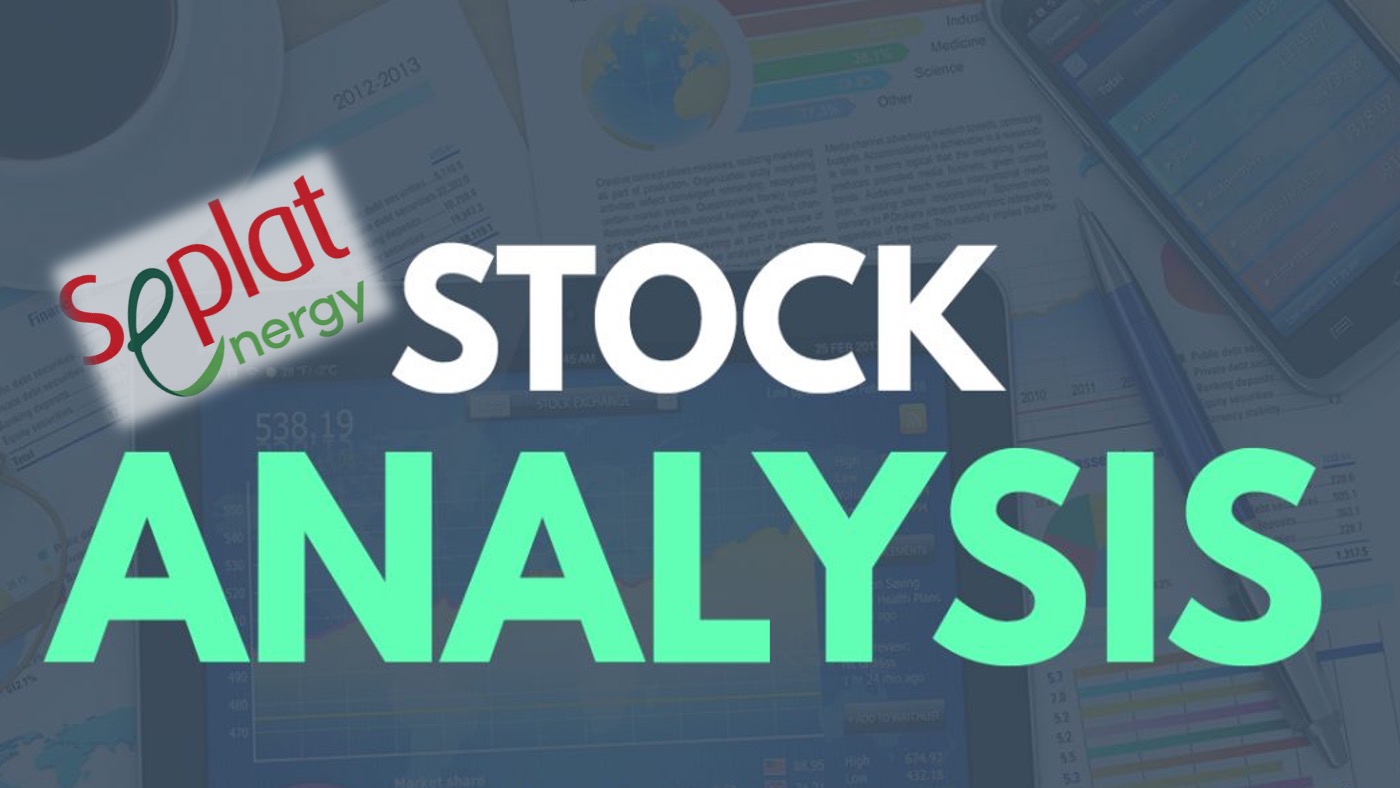Seplat Energy Plc, one of Nigeria’s foremost indigenous energy companies, continues to play a pivotal role in driving the country’s oil and gas sector. With robust revenue growth and expanding operations, Seplat is well-positioned to capitalize on the evolving energy landscape. However, the company faces macroeconomic pressures, regulatory uncertainties, and operational challenges that investors must consider. This comprehensive analysis explores Seplat’s financial performance, growth strategies, sector dynamics, and investment potential, offering actionable insights for stakeholders.
Seplat Energy: Financial Performance Overview
Stock Performance
- Market Price: ₦5,300.00 per share.
- Market Capitalization: ₦2.85 trillion.
- Dividend Yield: 4.5% (trailing 12 months), reflecting consistent shareholder returns.
- Performance Metrics:
- 6-Month Return: +55.43%.
- 1-Year Return: +129.43%.
- 5-Year Return: +864.16%.
- 10-Year Return: +1,241.77%.
Revenue and Profitability
- Revenue (TTM): ₦1.79 trillion, a YoY growth of 96.65% driven by higher oil and gas sales and efficient operations.
- Operating Margin: 32.55%, indicating strong cost control and operational efficiency.
- Net Margin: 8.54%, reflecting profitability despite external challenges.
Dividend and Cash Flow
- Annual Dividend Per Share: ₦111.73, offering attractive returns for income-focused investors.
- Free Cash Flow (TTM): ₦376.99 billion, highlighting financial stability and capacity for reinvestment.
Debt and Assets
- Total Assets: ₦5.72 trillion.
- Total Debt: ₦1.26 trillion.
- Net Debt: ₦460.32 billion, reflecting manageable leverage levels.
Sector Context: Opportunities and Risks
Opportunities
- Natural Gas Expansion:
- Seplat is aligning with Nigeria’s “Decade of Gas” initiative, leveraging rising demand for gas-powered industries and cleaner energy sources.
- Energy Transition:
- With a growing global focus on sustainability, Seplat’s increasing investment in renewable energy and gas infrastructure positions it as a forward-looking player.
- Dangote Refinery:
- The completion of this mega project will reduce fuel import dependency, offering opportunities for local crude oil producers like Seplat to expand sales.
- Government Reforms:
- Full implementation of the Petroleum Industry Act (PIA) could enhance transparency, attract foreign investments, and improve revenue-sharing frameworks.
Risks
- Macroeconomic Challenges:
- Naira devaluation and inflation raise operating costs and impact financial metrics.
- Fluctuating global oil prices expose the company to revenue volatility.
- Regulatory Uncertainty:
- Delays in policy implementation, coupled with potential changes in export and pricing regulations, create operational unpredictability.
- Operational Risks:
- Oil theft and pipeline vandalism remain persistent issues, reducing effective output.
- Global Energy Transition:
- The global shift away from fossil fuels presents long-term challenges to oil-reliant companies.
Strategic Initiatives by Seplat Energy
Focus on Gas Development
Seplat is expanding its natural gas operations, aiming to meet growing domestic and international demand. Its ongoing investments in gas processing facilities align with Nigeria’s drive toward gas-based industrialization.
Sustainability Efforts
The company is actively investing in cleaner energy technologies, such as renewables, to diversify its portfolio and reduce its carbon footprint.
Cost Management
Seplat continues to optimize its operations to control costs and enhance profitability, as evidenced by its high operating margin of 32.55%.
Shareholder Returns
Despite economic challenges, Seplat’s consistent dividend payments underscore its commitment to delivering value to investors.
Comparison with Sector Peers
- Revenue Growth: Seplat’s 96.65% YoY growth outpaces many competitors, showcasing its strong market position.
- Profitability: Its operating margin (32.55%) is above the sector average, indicating robust cost control.
- Stock Returns: Long-term returns (+1,241.77% over 10 years) outperform many sector peers, making it a standout investment.
Investment Insights: Is Seplat a Good Buy?
Strengths
- Strong revenue growth and operational efficiency.
- Attractive dividend yield and long-term stock appreciation.
- Strategic investments in gas and renewable energy.
Risks
- Vulnerability to currency devaluation and inflation.
- Exposure to global oil price fluctuations.
- Regulatory and operational uncertainties.
Investor Recommendations
- Short-Term Investors: Leverage the stock’s recent price momentum and dividend yield for quick returns.
- Long-Term Investors: Focus on Seplat’s growth in gas infrastructure and energy transition projects, which align with global sustainability trends.
Conclusion
Seplat Energy Plc embodies the dynamic opportunities and challenges of Nigeria’s energy sector. With strong financial performance, strategic investments in gas and renewable energy, and a commitment to shareholder value, the company is well-positioned for growth. However, investors must weigh these strengths against macroeconomic and regulatory risks.
Seplat offers a compelling case for both income-focused and growth-oriented investors seeking exposure to Nigeria’s evolving energy landscape.
